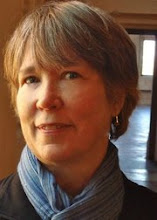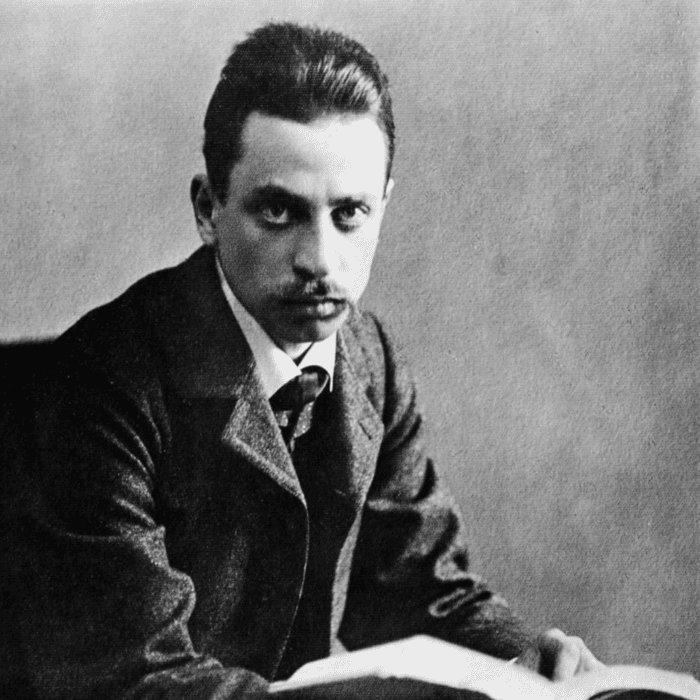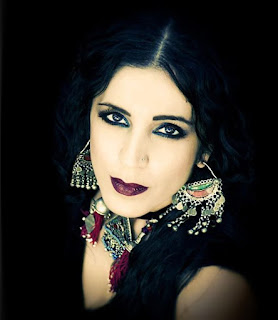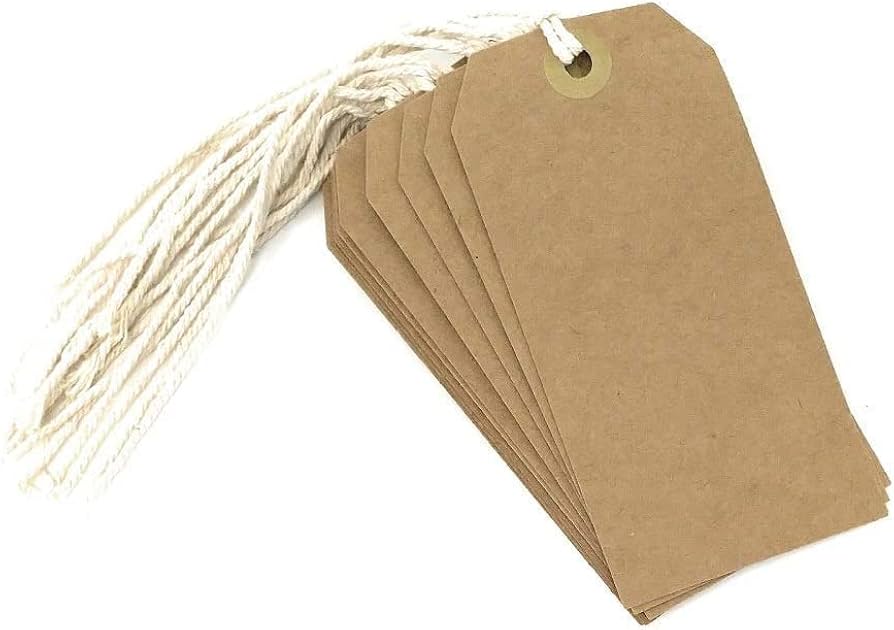Who made the world?
Who made the swan, and the black bear?
Who made the grasshopper?
This grasshopper, I mean –
the one who has flung herself out of the grass,
the one who is eating sugar out of my hand,
who is moving her jaws back and forth instead of up and down –
who is gazing around with her enormous and complicated eyes.
Now she lifts her pale forearms and thoroughly washes her face. Now she snaps her wings open, and floats away.
I don’t know exactly what a prayer is.
I do know how to pay attention, how to fall down into the grass, how to kneel down in the grass, how to be idle and blessed, how to stroll through the fields, which is what I have been doing all day.
Tell me, what else should I have done?
Doesn’t everything die at last, and too soon? Tell me, what is it you plan to do
with your one wild and precious life?’
The Summer Day
Mary Oliver
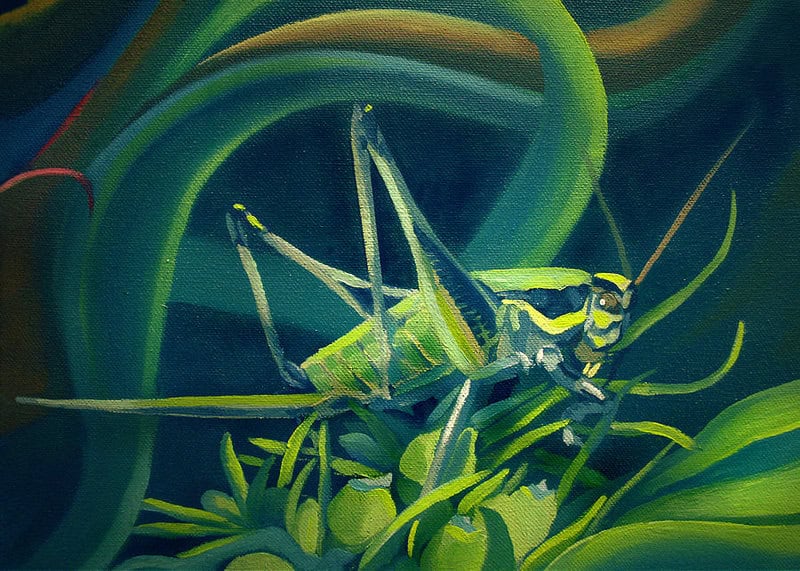
This poem really speaks to me, so profoundly. Of prayer, awareness, of doing nothing, letting go, and opening to what is. Profoundly opening.
How wonderful the evocation of the richness of life which opens up for us when we drop agendas and rest in open receptivity. Life can truly reveal itself, in all its fullness.
For me this is one of the reasons why Dzogchen suits me so well at this point. It’s not an approach which is fundamentally built on a renunciate model, as Sutrayana is. Instead it’s one where the goal is coming into full relationship with life. Mahamudra shares this approach.
When we let go of the push/pull of want/not want we begin to come into relationship in life in which it can present itself in all its colour and vibrancy, and reveal the profound freshness that is its luminous emptiness.
Tell me, what else should I have done?
… the poem asks – when choices are made, and we live from those choices.
Resting in the utter freshness what more could there be, what more could be done? Not wanting something from it, not needing something. Just being, just there, just open, just bare.
Doesn’t everything die at last, and too soon? Tell me, what is it you plan to do
with your one wild and precious life?’
How precious this human life, and how rapidly it passes by. Is it passing us by, or are we it. Being life. Loving life?
And then death. This thing that validates life. That gives it its meaning. Life and death. And that which is beyond life and death. The unborn, the undying. That which expresses itself in this entrancing, luminous display.
Poetry reaches beyond words
So often I find poetry conveys what more prosaic descriptive text does not. Somehow reaching those beyond time, beyond space realms which defy more conceptual writing. Even poems from other spiritual traditions, where I may not be fully aligned with their approach or view. Or poems from outside the various spiritual traditions. There are words in poems, and then a space opens. And you rest there, in that space.
How wonderful indeed, this poem …. and this life!
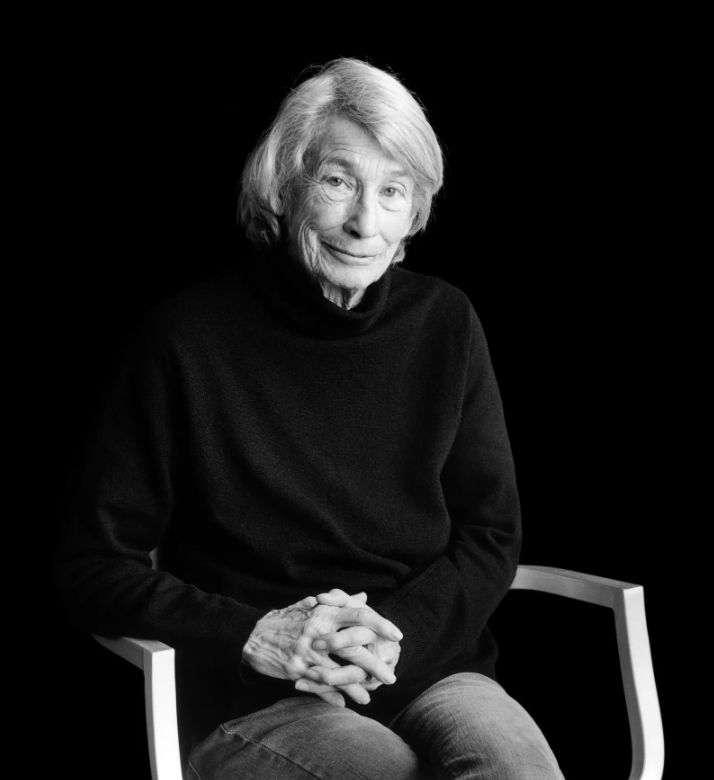
/se
Original source: New and Selected Poems, Volume One

